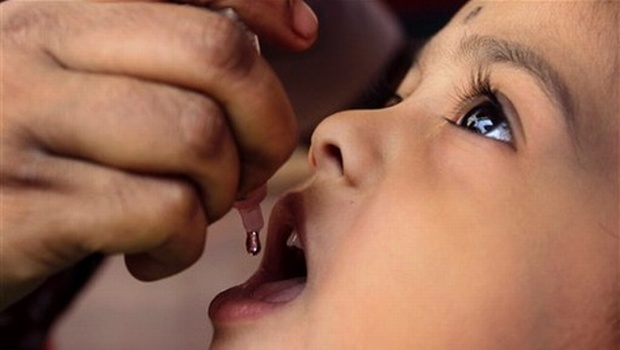The National Institute of Health highlighted two poliovirus cases, and 27 positive environmental samples have emerged from Pakistan this year.
Wild poliovirus type 1 (WPV1) residues were identified in sewage samples from both Hangu and Karachi’s Keamari area. These samples, analyzed at the Pakistan Polio Laboratory at the National Institute of Health, tested positive for WPV1. Notably, this laboratory doubles as the World Health Organization’s Regional Reference Lab. They further emphasized that the virus from these samples shares genetic ties to the YB3A cluster found in neighbouring Afghanistan.
Expressing commitment to eradicating polio, Federal Minister for Health Dr. Nadeem Jan asserted they are initiating a countrywide polio immunization drive in October to enhance children’s immunity. He strongly appealed to parents to ensure their children below five years receive the vaccine during this campaign and stay updated with regular vaccinations.
Stressing the deep-rooted connection between Pakistan and Afghanistan, Dr. Nadeem Jan highlighted their joint battle against this debilitating virus, noting both nations’ common epidemiological background and shared historical bond.
Federal Health Secretary Iftikhar Shallwani commended the polio program’s proactive approach to detection, ensuring preparedness against virus outbreaks. He said, “Community involvement has been pivotal in eradication efforts globally. Our goal remains a polio-free Pakistan, ensuring our children’s future is untouched by this ailment.”
The upcoming national polio drive, set for October 2nd, aims to immunize over 40 million children below five years against polio. Every child in Hangu and Karachi will be covered.






